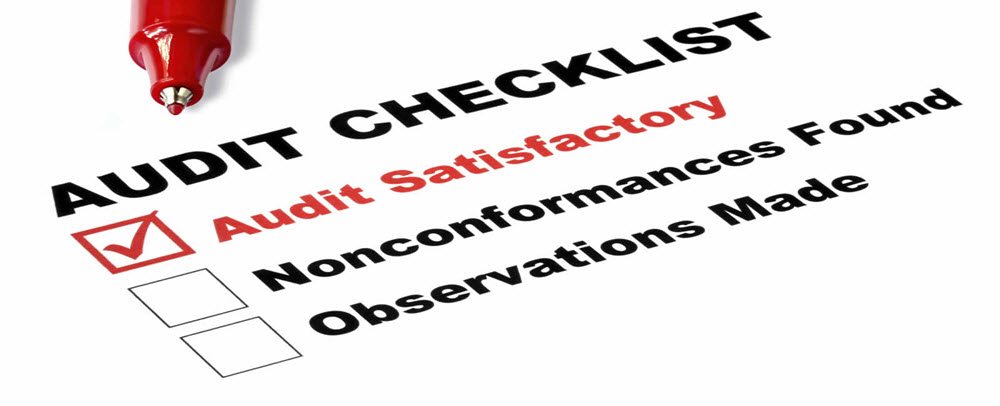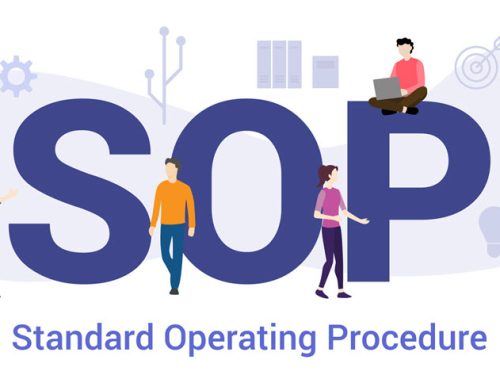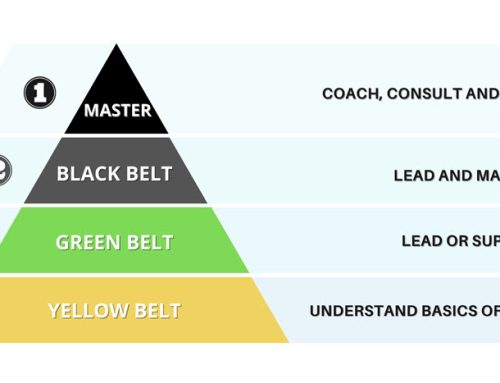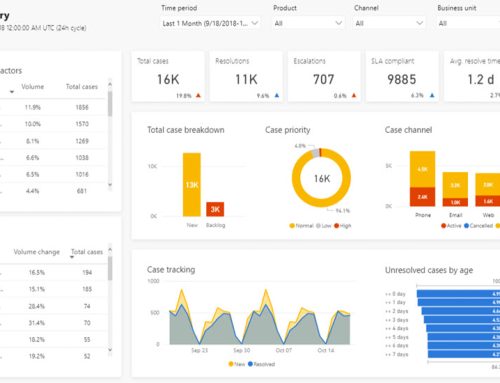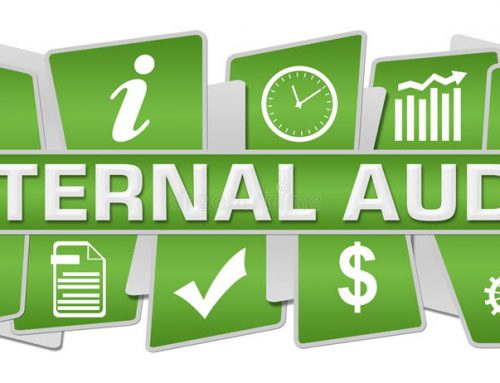In order to get into the field of Auditing, the first step is to analyze your desired career, skills, ambitions, and traits. For the ISO auditing job, the requirement for analytical and communication skills are important. Basically, auditing is a career that allows you to work in both the office as well as in the field. In order to succeed in this industry, here are some of the essential elements required;
Elements Required for an ISO Auditor
Educational Requirements
In order to become an ISO auditor, the educational requirements include certificate, diploma or degree related to any technological, environmental, and management-based field. Some of the fields associated with the ISO auditing include environmental sciences, environmental management, environmental engineering, natural resource management, and assessment. Other than that, it is extremely important to have working experience associated with management, accounting, statistics, occupational systems, and quality assurance. In order to attain the work experience, you can consider the coursework and internships.
ISO Auditor Experience
It is extremely important to have a considerable amount of experience with auditing before being a professional ISO auditor. The person should be aware of principles, techniques, and processes that help in quality management and control. The ISO auditor should be certified in quality assurance and management degree or courses along with some field experience. This experience is essential to leadership in the practical and challenging field of auditing.
Certification
As discussed earlier, certification also plays a vital role in analyzing someone’s capability in auditing. Other than that, there are certain examinations that determine someone’s interest in this particular field. These examinations are based on the vital fields associated with the principles of quality control, management, basic auditing concepts, training for the field and QMS. Other than that, candidates are responsible for being trained enough to deal with the tough field work. Certification helps in improving their chances of attaining any job.
Auditing Skill
In order to become the lead auditor, it is essential to have in-depth detail regarding the on-going procedures of the company. This will help in managing and forming the structure along with relating to the QMS. Other than that, the auditor also supervises the on-going processes and provides necessary feedback. He is also responsible for making changes through his recommendations and suggestion. Therefore, it is essential that the person has the right amount of auditing skills along with the understanding of the standard practices of the industry. Lastly, he should be committed to overcome the barriers that might slow the progress of any organization.
Management Skills
In order to divide the task among the employees and to make the necessary changes, the auditor should have a variety of management skills. The auditor should be aware of skills among his worker and divide the workload easily. He should also measure the progress and development of an on-going process. In case of lack of success, he should be able to make the necessary changes. In case of a complex task, the junior auditors should form a team with the expert auditor to overcome any hurdle. Most importantly, the auditor should be capable of dealing with the external ISO consultants. In the case of external consultancy, the ISO practices of the company should not be compromised by the auditor.
Responsibilities of ISO Auditor
The responsibilities of the ISO auditor include the consideration of the ISO standards. It includes the checking that the manufacturing processes and production system are complying with the standards. Other than that, the ISO auditor ensures assessing the firm, employees, and auditing procedure to ensure that the firm is configuring in proper surveillance. The ISO auditor also analyzes the progress towards the targeted goal along with checking the workload and a number of employees that are involved. Most importantly, the ISO auditor provides the necessary suggestions and recommendations to help the company in maintaining the essential ISO standards.
Some of the duties of the ISO auditor include the issuing of the invoice and audit quotes. It also includes the provision of an audit schedule to the clients. It is also based on conducting a meeting with the other organizations and clients. The ISO auditor is also responsible for reviewing the audit reports and other essential documents. He is also responsible for the detection in the production zone and maintenance of waste generation points and facilitation of non-conformities. He also deals with conducting the staff’s interview and reviewing the progress. In case of any issues, the ISO auditor deals with the anomalies and issues in the system along with technicalities.

